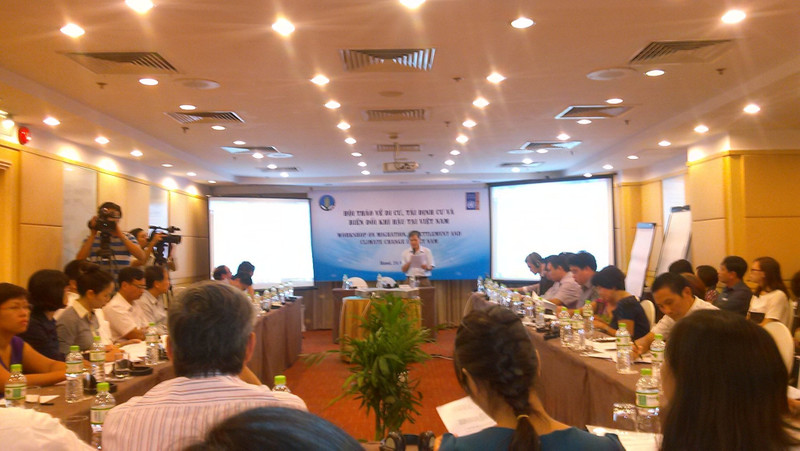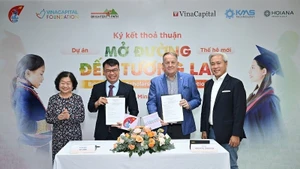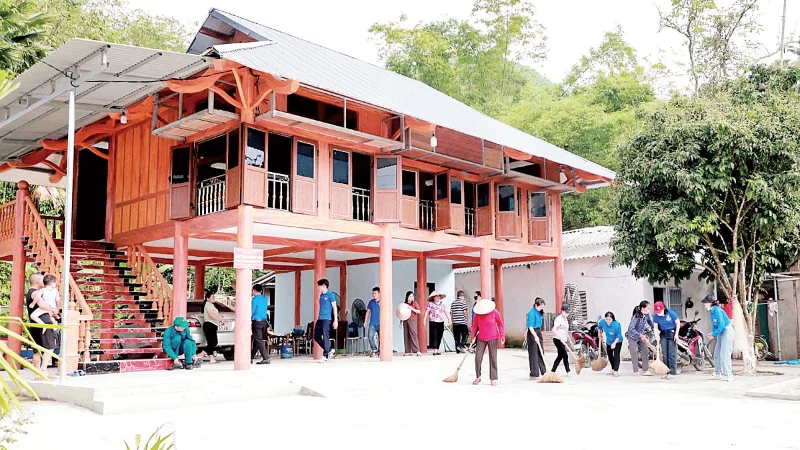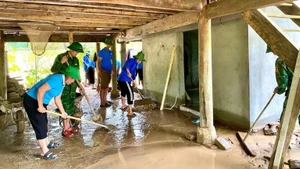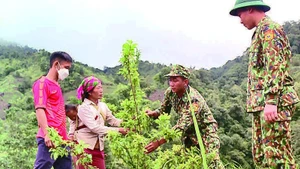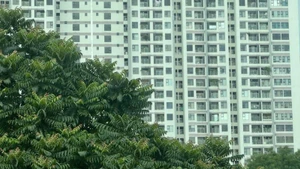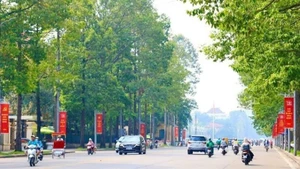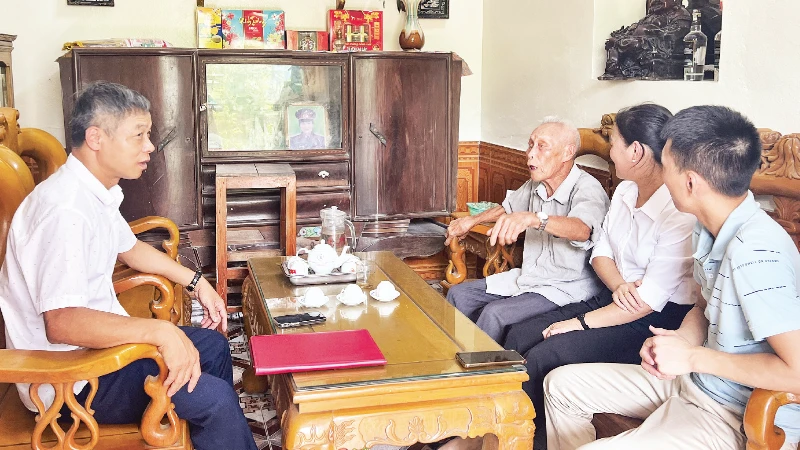This was the core premise of a UN policy discussion paper on migration, resettlement and climate change presented at a workshop in Hanoi on September 24. The paper explored the linkages between climatic changes, migration and resettlement in Vietnam, and relevant policies.
The workshop, jointly organised by the UN and Department of Co-operatives and Rural Development (DCRD) under the Ministry of Agriculture and Rural Development (MARD), aimed to examine the vulnerability of households after resettlement and to analyse current policies, strategies and social protection programmes in supporting migrants and resettled people, especially climate change-related migrants.
“Migration is a trend which is on the rise globally. People migrate for different reasons, including climatic and environmental pressures on their lives and livelihoods,” said UNDP Deputy Country Director in Vietnam, Bakhodir Burkhanov at the workshop. “In the context of more intense climatic changes, migration and resettlement are seen as vital coping and adaptation strategies.”
The UN policy discussion paper recommended policy directions and key actions to strengthen resilience in both sending and receiving areas in the coming years and decades.
It also showed how reforming and strengthening resettlement policies and practices, as well as migration-related policies and regulations could constitute an important part of a policy framework for climate change adaptation, with a focus on some of the most vulnerable households, men, women and children in Vietnam.
Relocation and resettlement of people from areas prone to natural disasters over the past few years have contributed significantly to agricultural and rural development and mitigation of the consequences caused by natural calamities, according to a MARD report.
It also mentioned some continued measures for people resettlement in those areas, which were to raise public awareness of natural disaster prevention, mobilise all social resources for relocation of households, study migration models from the areas adversely affected by climate change, build a digitised map on population in the natural calamity areas and take advantage of international assistance for the people resettlement programmes.
Dr Luu Duc Cuong, Deputy Director of Vietnam Institute for Urban and Rural Planning, pointed out some challenges relating to construction and planning of houses and resettlement areas, including difficulties in mobilising funding resources for construction and maintenance, poor infrastructure quality and unpredictability of climatic change scenarios.
He recommended thoroughly investigating the residential areas most prone to natural calamities, building transport routes linking flood-proof residential area clusters with the localities’ main roads, involving people’s participation in the planning and implementation process, and raising natural disaster warning and prediction capacities.
